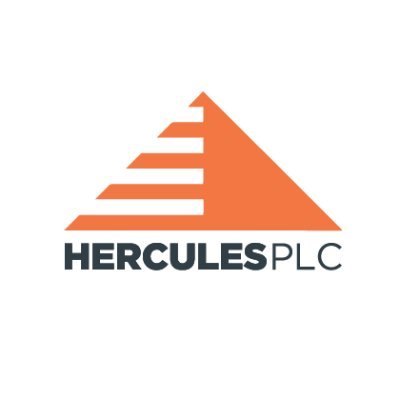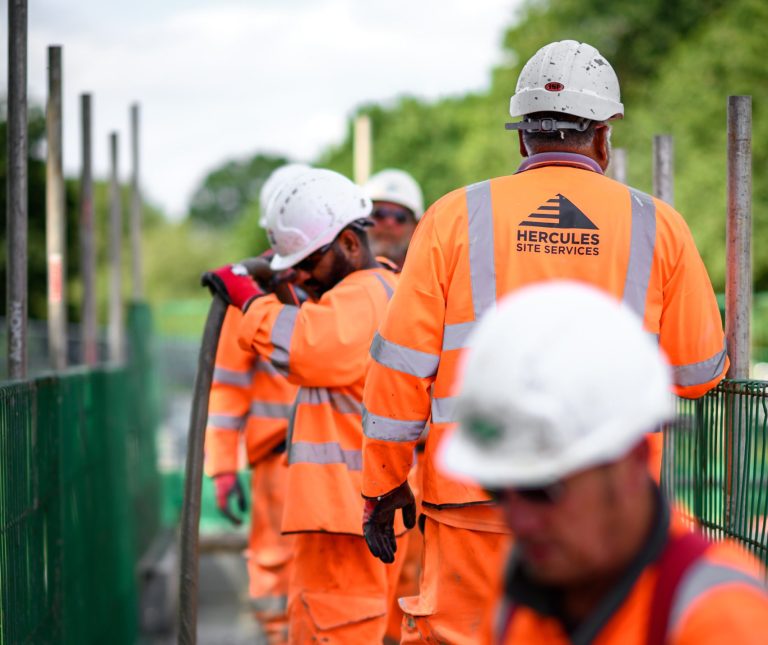The Government’s £14.2 billion commitment to Sizewell C signals a major reactivation of British industrial depth. More than a decade in the making, this project is now being mobilised at a scale designed to touch every layer of the domestic supply chain. With 70% of construction spend pledged to UK businesses, the opportunity is neither abstract nor delayed, it is immediate and operational. Around 3,500 UK suppliers are expected to engage directly, across engineering, logistics, materials, workforce services and more.
For investors, this is not just a capital project, it’s a policy-led industrial engine with multi-decade relevance. The initiative creates substantial scope for value creation across sectors that have historically lacked long-term visibility. The workforce impact alone is striking: thousands of jobs, including 1,500 apprenticeships, will be generated across the country, targeting regional economies and helping to rebuild technical capability from the ground up.
Among those best placed to gain from this development is Hercules Plc, a specialist in workforce and civil infrastructure delivery. The company’s track record in enabling large-scale construction, from site logistics and labour deployment to civil engineering, aligns directly with the on-the-ground needs of Sizewell C. Beyond headline contracts, it is Hercules’ integrated delivery model that stands out: efficient mobilisation, regulatory fluency, and deep experience within the UK’s infrastructure environment.
For investors following Hercules, the significance of this moment lies in both margin potential and strategic positioning. Sizewell C offers visibility and scale, but it also situates the company within a long-term framework tied to national priorities. With additional nuclear projects and small modular reactors gaining traction, early involvement in Sizewell C could translate into follow-on contract access and a broader role in the evolving energy-industrial complex.
This is also about timing. After years of infrastructure hesitation, the UK is now placing nuclear at the centre of its decarbonisation and energy security roadmap. But instead of importing expertise, the government’s approach with Sizewell C has prioritised domestic supply and skills. That industrial tilt favours companies like Hercules, whose footprint is already embedded in local ecosystems and whose capabilities can scale across similarly structured projects.
The broader picture is a reorientation of what the UK builds, and who builds it. From ports and access roads to turbine components and data systems, Sizewell C represents a multi-tiered opportunity that extends far beyond the site perimeter. Investors tracking this shift should also be considering adjacent growth: infrastructure support, modular fabrication, skills development, and supply chain resilience. Each of these themes is gaining institutional support, and Hercules sits within the flow of all four.
In practical terms, this project changes the shape of risk for infrastructure-aligned businesses. Rather than relying on short-term contracts or discretionary public spending, companies positioned at Sizewell C gain access to a funding-backed, government-prioritised build cycle with measurable milestones and enforced delivery. That shift reduces volatility and creates scope for scaled, programmatic expansion over the next decade.
Hercules plc (LON:HERC) is a collaborative, innovative company delivering services of the highest standards within the Civil Engineering sector of the construction industry. Hercules Construction Academy provides a comprehensive range of courses designed to equip individuals with the essential skills and knowledge required for a long and successful career in the construction industry.






































